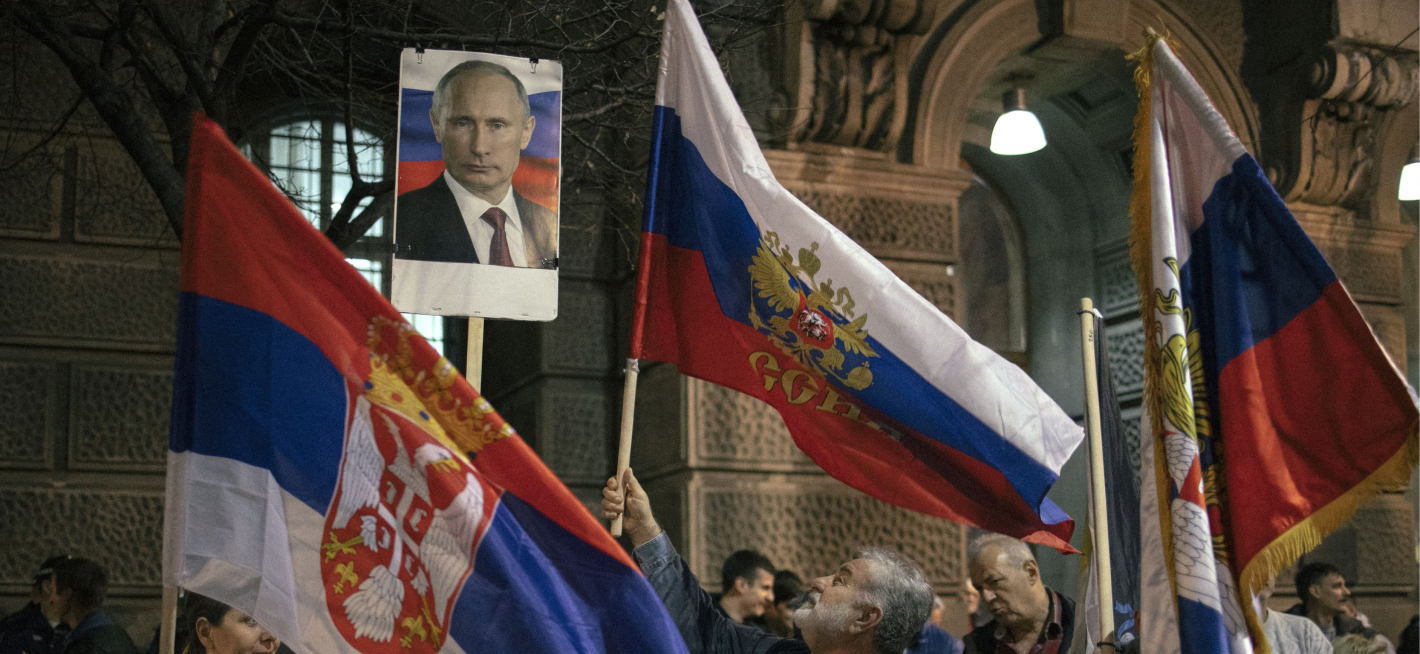 Eastern Europe’s Political Shift: EU Unity Tested by Populism and Russia-Aligned Forces
Eastern Europe’s Political Shift: EU Unity Tested by Populism and Russia-Aligned Forces
By Today International News Desk
Published: October 9, 2025
Rising Populism Challenges EU Unity
Eastern Europe is experiencing a significant political shift that is testing the unity of the European Union. Recent elections in several countries have brought populist and nationalist parties to the forefront, reflecting growing Euroskeptic sentiment among citizens. These parties often criticize EU policies on migration, economic regulations, and supranational governance, calling for more national autonomy.
The rise of populist forces challenges the EU’s ability to maintain cohesion in decision-making. Governments in Hungary, Poland, and the Czech Republic, for instance, have increasingly aligned with nationalist agendas, sometimes opposing Brussels on key issues like judicial independence, media freedom, and human rights.
Russia-Aligned Forces and Geopolitical Influence
Alongside domestic populism, Russia’s influence in Eastern Europe is becoming more visible. Moscow has strengthened ties with certain political groups, providing both financial support and strategic guidance. Analysts warn that these efforts aim to undermine EU integration, weaken collective decision-making, and create fractures in NATO alliances.
Russia-aligned political forces often advocate for closer economic and security ties with Moscow, positioning themselves against EU directives. This dual pressure — internal populism combined with external influence — complicates EU policy implementation, particularly in areas like energy security, foreign relations, and defense planning.
Electoral Outcomes and Public Sentiment
Recent national elections highlight this trend:
-
In Poland, nationalist parties secured a majority in the parliament, emphasizing traditional values and skepticism toward EU oversight.
-
Hungary’s ruling party maintained strong support, continuing its focus on national sovereignty and EU resistance.
-
In Slovakia and the Czech Republic, smaller Euroskeptic and right-wing parties gained seats, signaling growing dissatisfaction with EU policies among voters.
These outcomes indicate that citizens are increasingly concerned about perceived bureaucratic overreach, economic inequality, and immigration policies. Populist messaging that promises to “take back control” resonates with voters, reflecting both domestic grievances and geopolitical fears.
EU Responses to Internal Dissent
The European Union faces a delicate balancing act: maintaining cohesion while respecting national sovereignty. Brussels has responded by:
-
Initiating dialogue with governments to address concerns over rule of law and democratic standards.
-
Using economic incentives and funding to encourage compliance with EU standards.
-
Highlighting the importance of unity in defense and foreign policy, particularly given ongoing tensions with Russia and other global powers.
Despite these efforts, EU institutions recognize that populism and nationalism are not temporary trends. They are reshaping political dynamics across member states and forcing the EU to rethink its approach to governance, communication, and public engagement.
Geopolitical Implications
The political shifts in Eastern Europe have broader consequences for global security. Fragmented EU consensus can weaken collective responses to:
-
Energy supply disruptions caused by tensions with Russia.
-
Migration pressures from conflicts in the Middle East and North Africa.
-
Regional defense coordination within NATO.
Analysts warn that if Euroskeptic forces continue to grow, the EU may struggle to present a united front in negotiations with major powers, potentially emboldening Russia and other external actors seeking to exploit divisions.
Conclusion: The Future of EU Unity
Eastern Europe’s political landscape is in flux, marked by rising populism and Russia-aligned influence. These trends test the EU’s ability to maintain unity while balancing national interests and external pressures.
Moving forward, the EU will need to:
-
Strengthen dialogue with member states.
-
Promote economic development and social cohesion to address citizens’ grievances.
-
Maintain vigilance against external influence that seeks to destabilize the union.
The coming years will determine whether the European Union can adapt to these political challenges while preserving stability, cooperation, and its role as a global actor.
